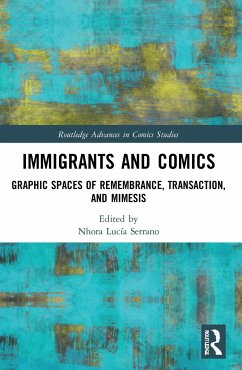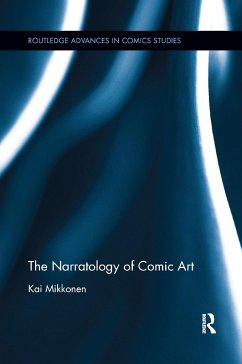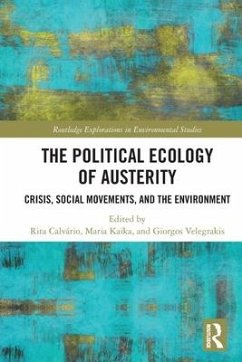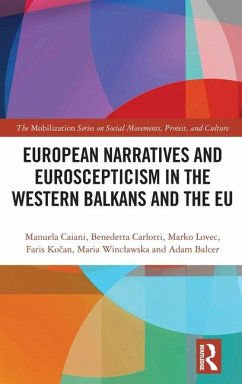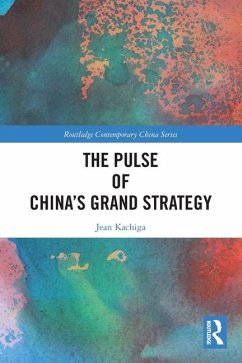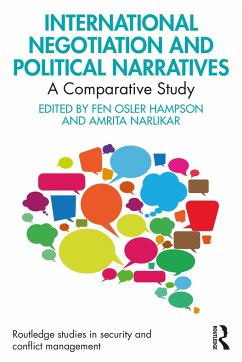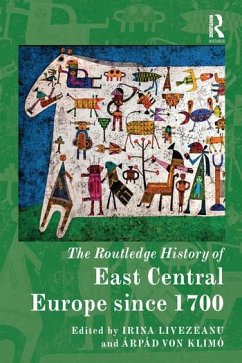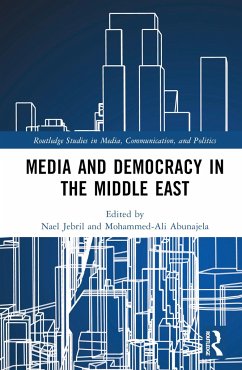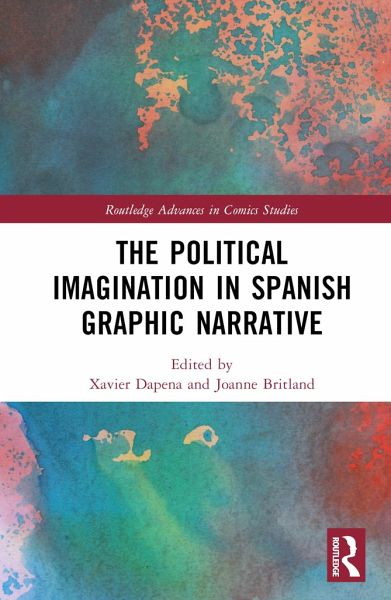
The Political Imagination in Spanish Graphic Narrative
Versandkostenfrei!
Versandfertig in 6-10 Tagen
154,99 €
inkl. MwSt.

PAYBACK Punkte
77 °P sammeln!
In a spirit of community and collective action, this volume offers insights into the complexity of the political imagination and its cultural scope within Spanish graphic narrative through the lens of global political and social movements.Developed during the critical years of the COVID-19 pandemic and global lockdown, the volume and its chapters reflect the interdisciplinary nature of the comic. They employ a cultural studies approach with different theoretical frameworks ranging from debates within comics studies, film and media theory, postcolonialism, feminism, economics, multimodality, ag...
In a spirit of community and collective action, this volume offers insights into the complexity of the political imagination and its cultural scope within Spanish graphic narrative through the lens of global political and social movements.
Developed during the critical years of the COVID-19 pandemic and global lockdown, the volume and its chapters reflect the interdisciplinary nature of the comic. They employ a cultural studies approach with different theoretical frameworks ranging from debates within comics studies, film and media theory, postcolonialism, feminism, economics, multimodality, aging, aesthetics, memory studies, food studies, and sound studies, among others. Scholars and students working in these areas will find the book to be an insightful and impactful resource.
Developed during the critical years of the COVID-19 pandemic and global lockdown, the volume and its chapters reflect the interdisciplinary nature of the comic. They employ a cultural studies approach with different theoretical frameworks ranging from debates within comics studies, film and media theory, postcolonialism, feminism, economics, multimodality, aging, aesthetics, memory studies, food studies, and sound studies, among others. Scholars and students working in these areas will find the book to be an insightful and impactful resource.





